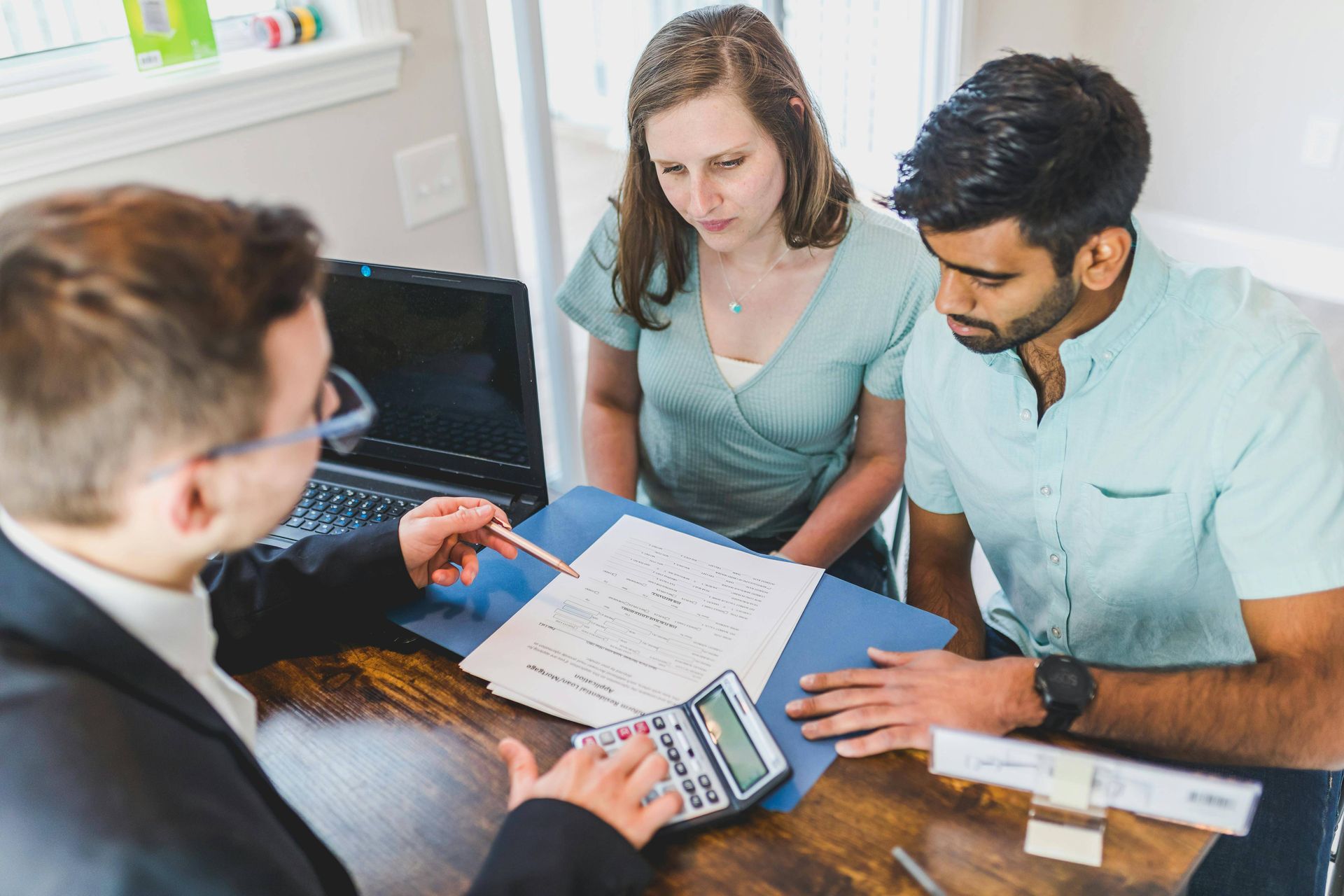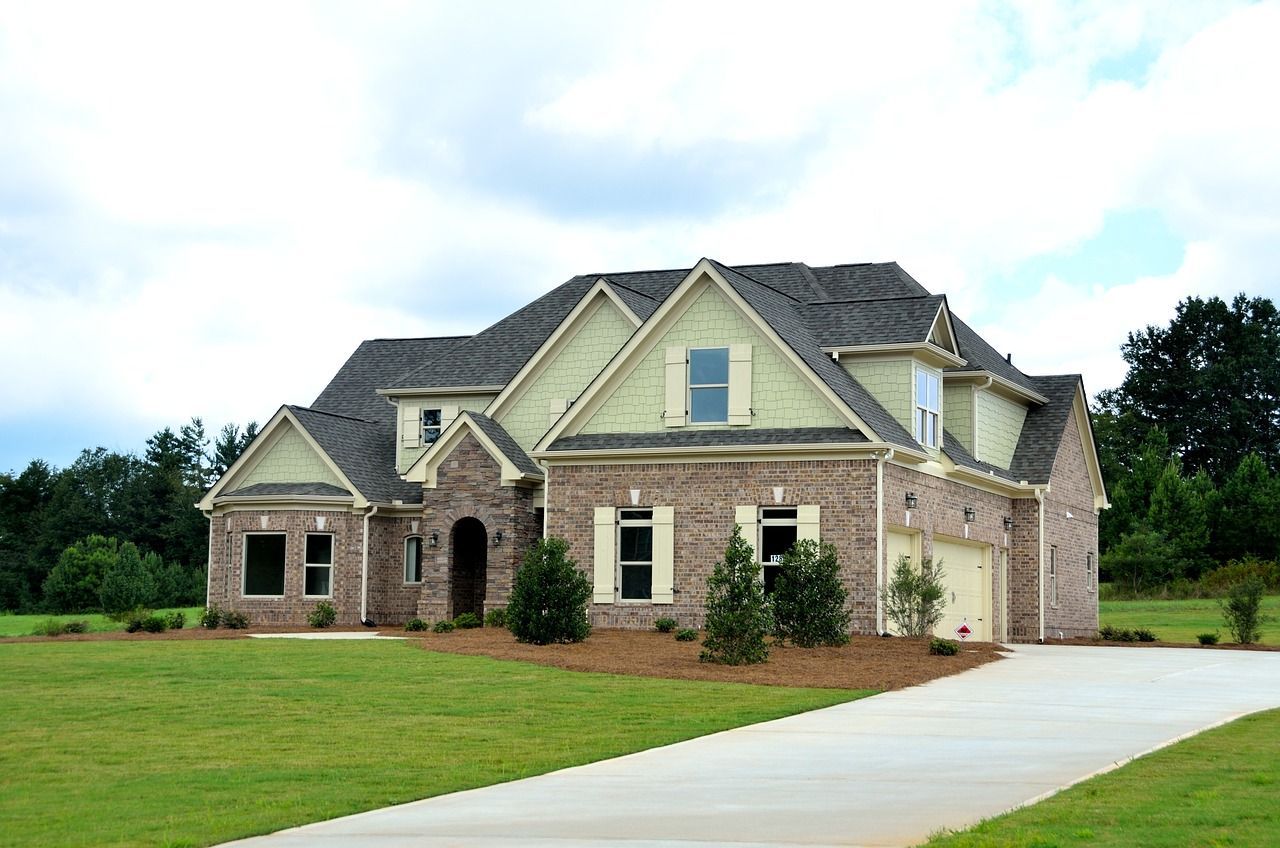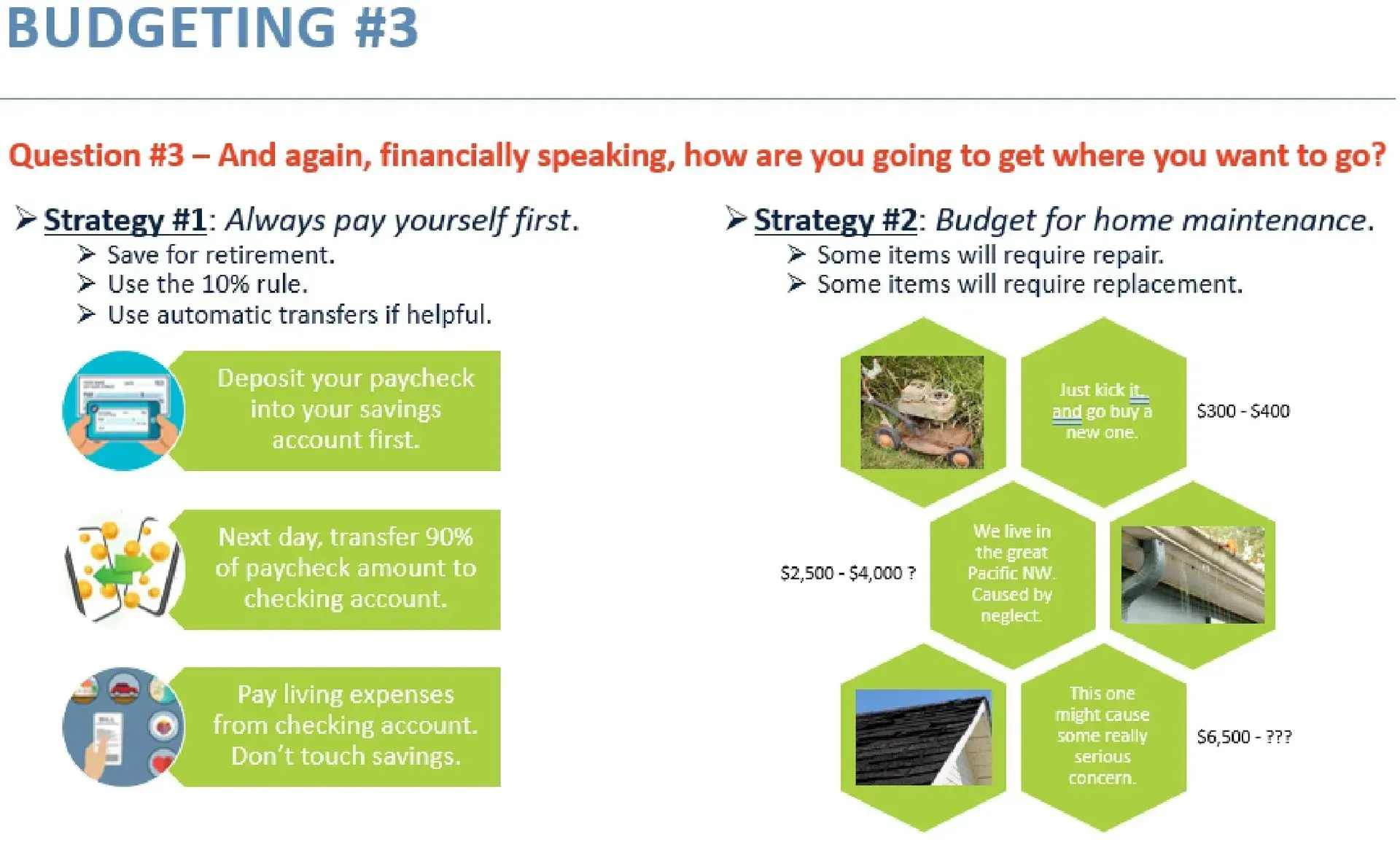It's Too Expensive in My Market!

People said that in 1980, too! But consider what's happened since then! This is #4 of the great mortgage myths. Let me begin by saying I recognize houses are far more expensive than they used to be. I bought my first home in 1977, and I paid $11,000 for it. It was 50 years old, 2 bedrooms and 1 bath, 1,000 Sq.Ft., located in central Washington State. Today that same home is tax-assessed for $337,650. $11,000 might seem like a very low price, but believe me, back then it seemed like an awful lot. Today I live in an area where first time homebuyers have difficulty finding a home for less than $600,000, and if they're purchasing with small down payments, their payments run somewhere in the $4,000-$5,000/mo. range. But you know what? People are still buying! They're making adjustments in their monthly budgets, they're adjusting their expectations of what they're actually going to get in their first home, they're a little more accepting of kitchen countertops that haven't yet been upgraded to granite or marble... they're simply finding a way to make it work.
The questions are (1) how?, and (2) why?
The "how" is simply a function of dollars and cents... perhaps paying down some credit card debts, maybe paying off the car, and it could even be changing to a higher paying job. Then it simply becomes a matter of finding out what you can be approved for, and finding something in that price range that meets your needs more than it meets your desires. Sure, maybe it will have the wrong color carpets, and the wrong color exterior paint. But those are things that can be changed with time and effort. If a house is priced right and it has what real estate brokers refer to as "good bones", it's almost always a good investment.
The "why" is probably far more important to most people, and actually has a great deal of bearing on the "how". I dealt with a young couple about 5 years ago, who had really expensive taste. They could have afforded a home in the $350,000 range, but they couldn't find any homes that met their expectations and desires for less than about $475,000. They drove through neighborhood after neighborhood, weekend after weekend, pointing out homes they were interested in to their real estate broker. On Monday the real estate broker would call me, review the weekend's activity with this couple, and ask if there was any way possible for them to get into a $450,000-$500,000 home. My answer was always the same... not unless they get higher paying jobs, pay off a lot of debt first, or get a large gift from parents and relatives. Guess what - they still don't own a home today. They were either unable or unwilling to adjust their expectations and desires. Consequently they've forfeited 5 years of enormous equity growth and income tax deductions, to say nothing of the personal satisfaction of owning their own home.
Contrast them with another couple that I'm working with today. I first met them 10 years ago, when they attended one of my free homebuyer classes. They just wanted to get into a home that they could make their own, be able to paint a room the color they wanted, to plant their own plants, and to build a deck in the back yard because he liked to barbecue. They had decent jobs, decent income, and the most important thing was that they were realistic. They had a great real estate broker who found them a home that met their needs, and they bought it for $237,000. They worked hard to improve that home, and I refinanced it for them in 2021 when interest rates were lower. Today that home is tax-assessed for $539,000 - more than double what they paid for it! They were already saving for their next home, and because they were able to save some more money with their new lower mortgage payment, they were able to set aside even more for their next home. They called me 3 weeks ago, ready to start looking for their next home. I introduced them to a great real estate broker, and they're now under contract on a home for $680,000. And I'll close their loan for them at the end of this month. And that's my point.
This couple's "why" was more important to them than their "how". Consequently, they were willing to adjust to the market, and they made a smart investment. And today they are far better off financially than the first couple. I see this all too often, and I reply with the same answer that many other lenders and real estate brokers say - "Marry the house, and divorce the rate". It simply means that everyone acknowledges that with today's higher rates and higher prices, it's just a given that most of the time, the monthly payment will be more than you're comfortable with. And while I agree that this must be carefully considered in a "total life" concept, if you don't do it now, when are you ever going to do it? In other words, if you don't want to buy at today's prices, at today's rates, and then refinance later when rates go down again, when are you going to buy?
Will home prices come down when rates begin to decline? Think again - all lower rates will do is cause prices to keep increasing. It's the law of supply and demand. If you wait until later, all you'll do is cost yourself more money, and I can show you that in black and white. If you'd like to go over it, reach out, and let's do a Zoom meeting. I'm happy to show you how it works.
But please - don't get caught up in the myth that homes are just too expensive in your market. And don't tell me that you can't do it I've seen far too many people make it work, and be better off for it. If you want to do it, if you want to make it work, and if you're reasonable with your expectations and desires, you CAN buy a home. Call me, I'll prove it to you.

Home Mortgage Loan Reviews
Cierra & Jonathan
Jim was absolutely instrumental in our first ever home purchase! He welcomed all of our questions with such warmth and his expertise and respect for our budget made it possible for us to buy the house of our dreams in a market that sometimes felt impossible. We are so grateful to have worked with Him.
Mikahla M.
Jim was amazing and took fantastic care of our mutual clients! He is very communicative and detail oriented, highly recommend!
Tracy H.
I’m always impressed with Jim’s knowledge. If you have questions about home loans and what’s best for you, give Jim a call!
Autumn E.
What more can I say other than how much money he saved me! I went from a mortgage that was drowning me to $800 less per month… That’s beyond HUGE. His whole rate and more secure fabulous rate and more fabulous mortgage payment!
Andrea S.
Jim was very informative in providing details, helping us to select the best loan, and guiding us to the best rate. He walked us through the process of filling out the loan paperwork and was in constant communication throughout the process.
Emma B.
Jim, from start to finish, has been our golden ticket during the process of buying our first home. We met Jim through the homebuyers education class he hosts and we knew right away he was a perfect fit for us. He’s honest, easy to get hold of and efficient. We can’t thank you enough, Jim - you’re the best of the best!
Rachel C.
Jim was very pleasant to work with he understood and worked with all our needs, and made us feel comfortable and confident in our choices. It was a great experience with great communication with everyone involved. We are happy with what Jim provided for us.
Debrah J.
Jim was great to work with. The process was speedy and seamless. We were well informed all along the way.
Mary D.
We have worked with Jim for many years when we purchased our homes or refinanced. He is very knowledgeable about the financial market and transparent. We appreciate that he has our best interest at heart, even if it may not benefit him. Jim is very responsive and we are extremely pleased to have worked with him again on our home loan needs. We absolutely will refer our friends and family to him!
Gerald C.
The outstanding service from Jim and his team was exceptional. The process was painless. And any issues that arose were dealt with quickly and professionally. I will highly recommend.
Tess L.
As first-time homebuyers, we were very nervous about all the complex pieces of this process. Jim was very patient with us and explained everything in detail and answered all our nervous questions with patience and understanding! Could not recommend more!
Jose A.
Jim has been fantastic with us! He has been prompt, honest, professional & a pleasure. I would recommend. 10/10! We look forward to working with Jim for the rest of our lives.
Samantha W.
Jim was amazing, the whole team took care of us and was always there. Thank you!
Adam M.
We had a great experience with Jim. We started in a home buyers class in June, 2016, and he coached us several times even before we were actually ready to buy. He told us exactly what to do, and when and how to do it. He was always available to meet when we needed him, including after regular business hours.
Brian F.
Jim was so responsive and extremely patient with all our questions. And the best part was that there weren't any negative surprises! We will certainly refer others to Jim.
Britt J.
From start to finish Jim has helped us every step of the way. We had many, many questions that he was more than happy to walk us through. We highly recommend using Jim Eyre and his team.
Matthew W.
Jim has been incredibly helpful and a pleasure to work with through the entire process, not only with paperwork, but also personally. Thank you so very much!
Browse My Website
Contact Information
Phone: (425) 210-2963
Email: jeyre@nexamortgage.com
Operating From 13320 Hwy 99, Unit 197, Everett, WA 98204
License: NMLS #442452
Corporate NMLS # 1660690
All Rights Reserved | Jim Eyre




